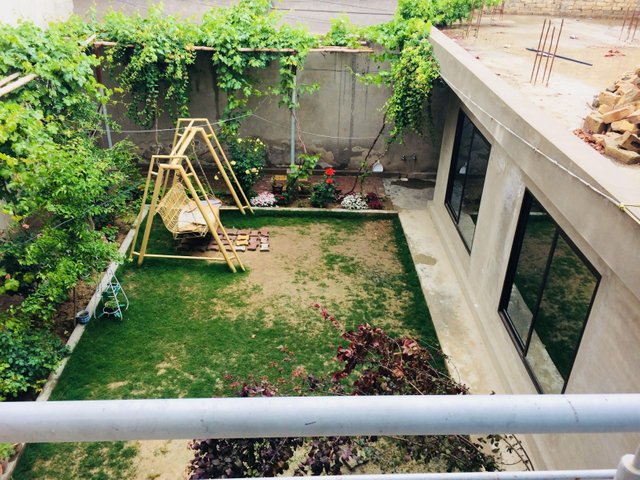Little history of photography share your opinion about photography
508 • 1931
make it any easier to use the charm of old photographs, available in fine
recent publications, 3 for real insights into their nature. Attempts at theoretical
mastery of the subject have so far been entirely rudimentary.

And no
matter how extensively it may have been debated in the last century, basi-
cally the discussion never got away from the ludicrous stereotype which a
chauvinistic rag, the Leipziger Stadtanzeiger, felt it had to offer in timely
opposition to this black art from France. "To try to capture fleeting mirror

images," it said, "is not just an impossible undertaking, as has been estab-
lished after thorough German investigation; the very wish to do such a thing
is blasphemous. Man is made in the image of God, and God's image cannot
be captured by any machine of human devising. The utmost the artist may
venture, borne on the wings of divine inspiration, is to reproduce man's
God-given features without the help of any machine, in the moment of
highest dedication, at the higher bidding of his genius." Here we have the
philistine notion of '"art" in all its overweening obtuseness, a stranger to all
technical considerations, which feels that its end is nigh with the alarming
appearance of the new technology. Nevertheless, it was this fetishistic and
fundamentally antitechnological concept of art with which the theoreticians
of photography sought to grapple for almost a hundred years, naturally
without the smallest success. For they undertook nothing less than to legiti-
mize the photographer before the very tribunal he was in the process of
overturning. Far different is the tone of the address which the physicist
Arago, speaking on behalf of Daguerre's invention, gave in the Chamber of
Deputies on July 3, 1839. 4 The beautiful thing about this speech is the
connections it makes with all aspects of human activity. The panorama it
sketches is broad enough not only to make the dubious project of authen-
ticating photography in terms of painting—which it does anyway—seem
beside the point; more important, it offers an insight into the real scope of
the invention. "When inventors of a new instrument," says Arago, "apply
it to the observation of nature, what they expect of it always turns out to
be a trifle compared with the succession of subsequent discoveries of which
the instrument was the origin." In a great arc Arago's speech spans the field
of new technologies, from astrophysics to philology: alongside the prospects
for photographing the stars and planets we find the idea of establishing a
photographic record of the Egyptian hieroglyphs.
Hey, just wanted to let you know I gave you an upvote because I appreciate your content! =D See you around